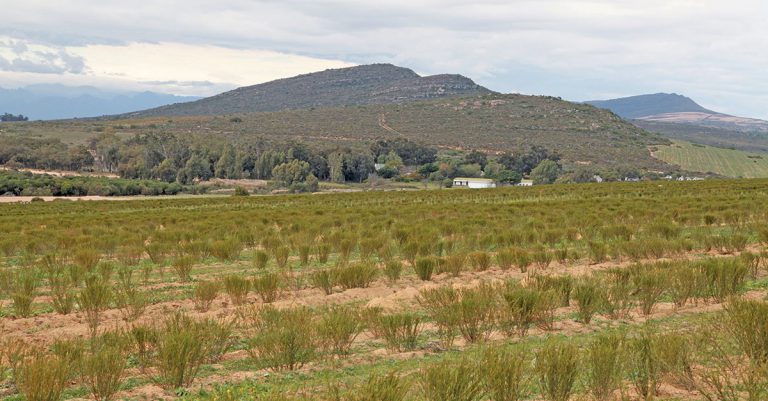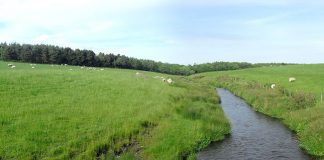
Photo: FW Archive
Geographic indicators, such as the registering of rooibos with a unique regional status, should be seen as “insurance”, according to Prof Johann Kirsten, director of the Bureau of Economic Research at Stellenbosch University.
He was commenting on rooibos making history when it became the first African product to be registered with a unique regional status, similar to that of champagne and Roquefort cheese in France, whiskey in Ireland, and port wine in Portugal.
“Over the past few years, numerous companies have sold mixed teas claimed to contain rooibos, when in fact it does not. In the absence of a geographic indicator, the industry as a whole has to pay the price when things go wrong or the image of rooibos is damaged by fake products,” he explained.
Mientjie Mouton, managing director of Carmien Tea said the potential value created through the unique regional status of rooibos would greatly depend on whether it would be accompanied by a good communication and marketing strategy.
“The problem with rooibos is that it is sold as a commodity when in fact it should be traded as a unique herbal tea. Awareness needs to be created of the health and nutritional benefits of rooibos to boost farmer earnings, which has been at another cyclical low for the past year.”
Martin Bergh, managing director of Rooibos Ltd, said rooibos has been protected in the past thanks to its inclusion in the Geographical Indication Protocol of the Economic Partnership Agreement between Southern African Customs Union and the EU. Its inclusion now in the geographical indication register of the EU meant that this protection would become permanent.
The registration of rooibos as a geographic indicator would protect the South African industry against exploitation in the European market by allowing only rooibos produced in the winter rainfall area of South Africa to use the rooibos name,” said Bergh.
Over time, it should also help to unlock additional value, he added.
“The registration will allow rooibos to use the protected designation of origins logo, which is well recognised by consumers in Europe. The logo promises to improve awareness of the uniqueness of rooibos, while enhancing faith in the product,” Bergh added.











